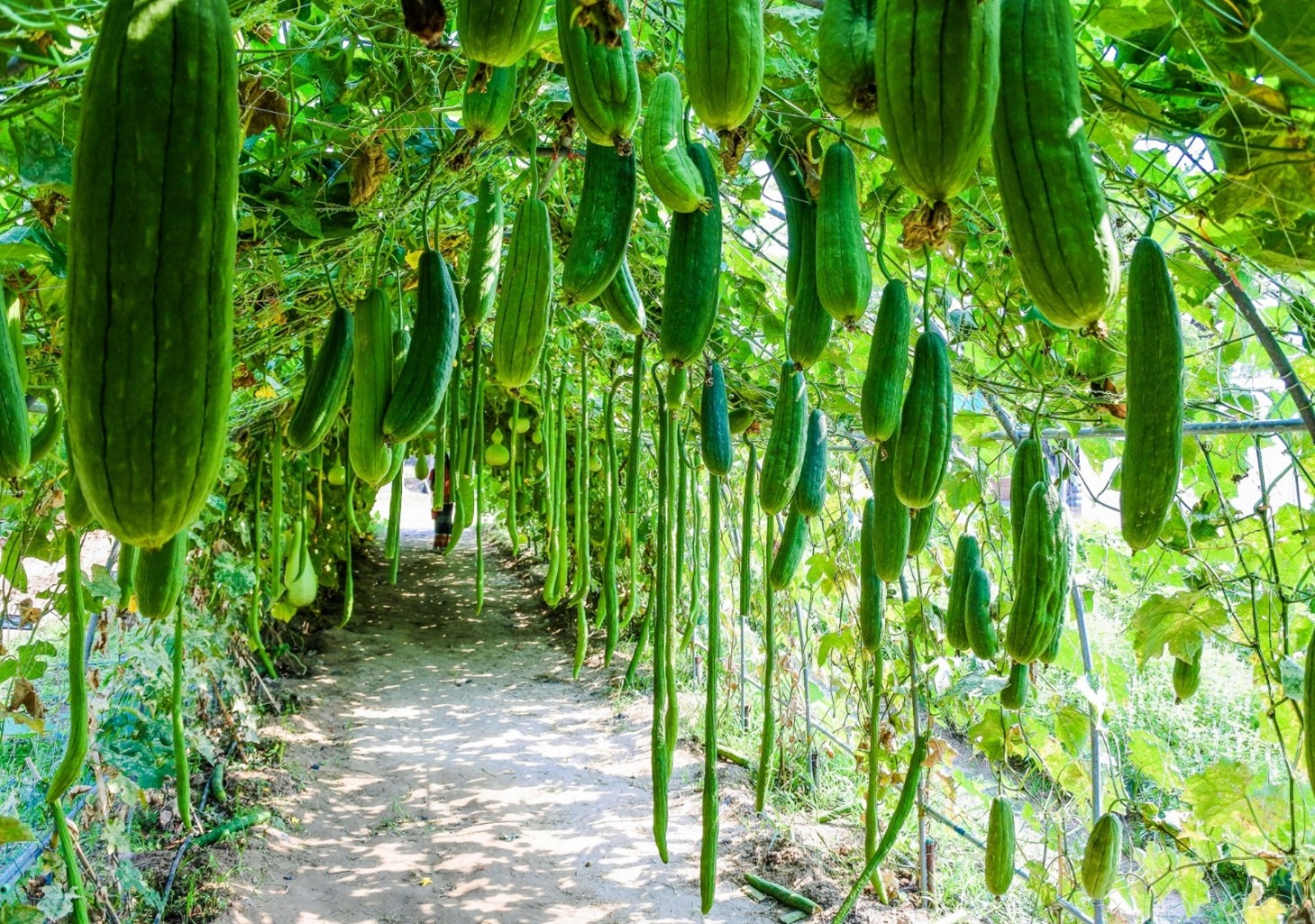Organic Gardening
Organic gardening is the exact same as regular gardening except that no synthetic fertilizers or pesticides are used. This can make certain aspects difficult, such as controlling disease, insects, and weeds.
Organic gardening also requires more attention to the soil and the many needs of plants.
Organic gardening starts with the soil. Gardeners must add organic matter to the soil regularly in order to keep the soil productive.
In fact, compost is essential to the healthiness and well-being of plants grown organically. Compost can be made from leaves, dead flowers, vegetable scraps, fruit rinds, grass clippings, manure, and many other things.
The ideal soil has a dark color, sweet smell, and is full of earthworms. Some soil may need more natural additives than regular compost can give, such as bonemeal, rock phosphates, or greensand.
A simple soil test will tell you the pH balance and which nutrients you will need to use.
One thing that makes even gardeners that are very serious about organic gardening reach for pesticides is insects on their plants. The best way to defend plants against insects is to take preventative measures.
One thing that can be done is to make sure plants are healthy and not too wet or dry because insects usually attack unhealthy plants and if healthy, they can often outgrow minor insect damage.
A variety of plant types is a good idea to keep pests of a particular plant type from taking out the entire garden.
Perhaps the best way to defend against insects is to make your garden enticing to insect predators, such as ladybugs, birds, frogs, and lizards.
You can do this by keeping a water source nearby or by growing plants that attract insects who feed on nectar. Other ideas are sticky traps, barriers, and plant collars.
There are some household items that protect against insects too, like insecticidal soaps, garlic, and hot pepper.
To avoid plant disease in organic gardening, choose disease resistant plants and plant them in their prime conditions. Many diseases will spread because of constant moisture and bad air circulation, so the site of your garden and the way it is watered can help ensure against diseases.
Weeds can be an annoying and frustrating part of organic gardening. Organic mulch can act as a weed barrier, but for even better protection put a layer of newspaper, construction paper, or cardboard under the mulch.
Corn meal gluten will slow the growth of weeds if spread early in the season before planting, as does solarization. There’s also the old-fashioned art of hoeing and hand pulling that always works.
Your best bet in weed prevention is persistence. Mulch well and pull and hoe what you can; after a few seasons you can beat the weeds for good.
Organic gardening is an excellent way to ensure that your plants will be free and clear of all pesticides and, if taken care of properly, will be as healthy as possible.
Organic gardening may take a little more time and care than regular gardening, but after gardeners get the hang of it and figure out all the quirks of their garden, it is definitely worth the extra time.
Regards, Coyalita
Copyright © 2023 Sunrise-Sunset-Nature-Gardens.com. All Rights Reserved
Privacy Policy – Earning Disclaimer – Terms of Use – Contact Us

